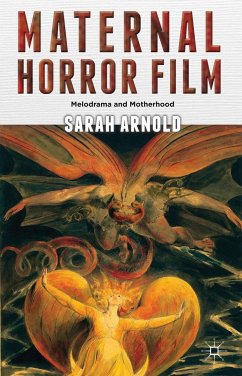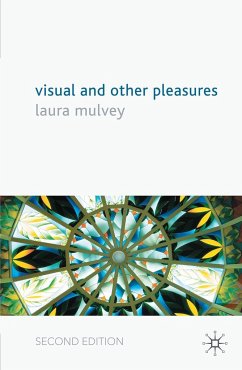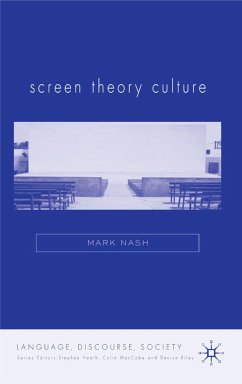
Gender and the Nuclear Family in Twenty-First-Century Horror

PAYBACK Punkte
38 °P sammeln!
Gender and the Nuclear Family in Twenty-First-Century Horror is the first book-length project to focus specifically on the ways that patriarchal decline and post-feminist ideology are portrayed in popular American horror films of the twenty-first century. Through analyses of such films as Orphan, Insidious, and Carrie, Kimberly Jackson reveals how the destruction of male figures and depictions of female monstrosity in twenty-first-century horror cinema suggest that contemporary American culture finds itself at a cultural standstill between a post-patriarchal society and post-feminist ideology.














